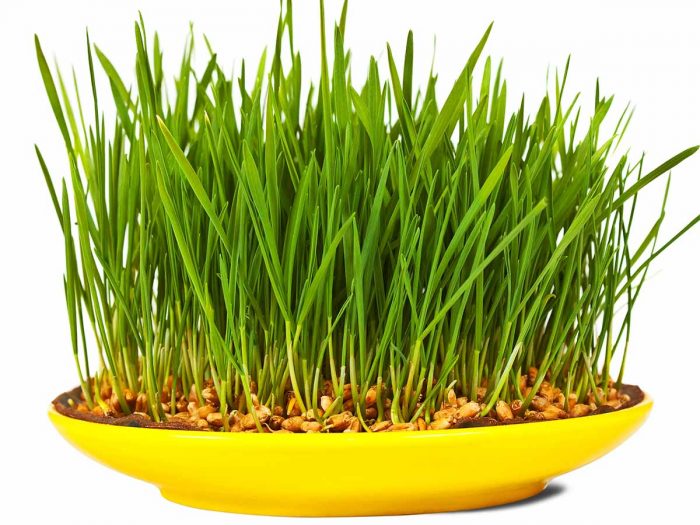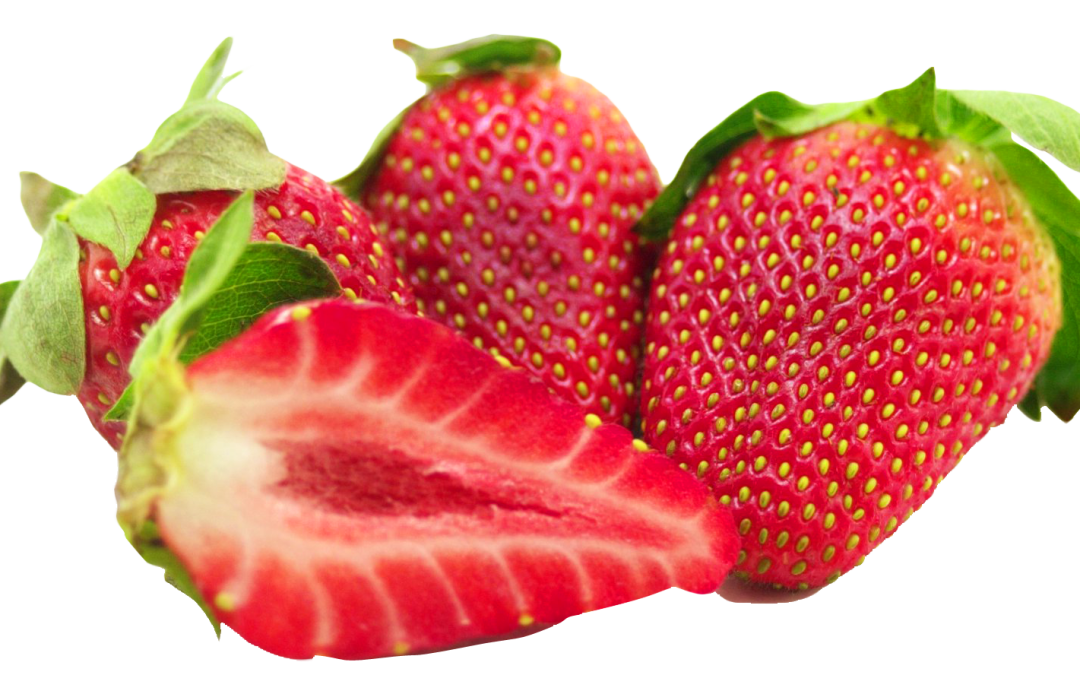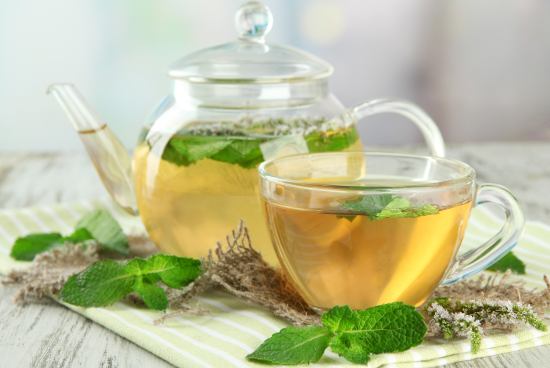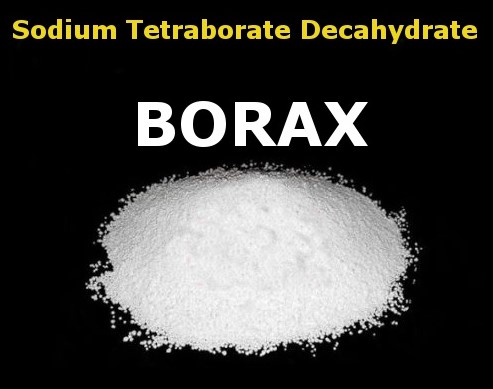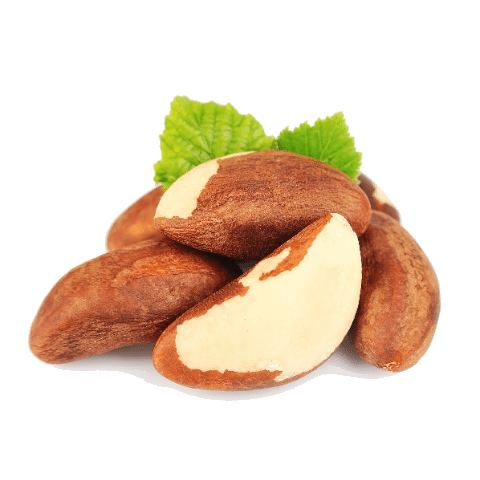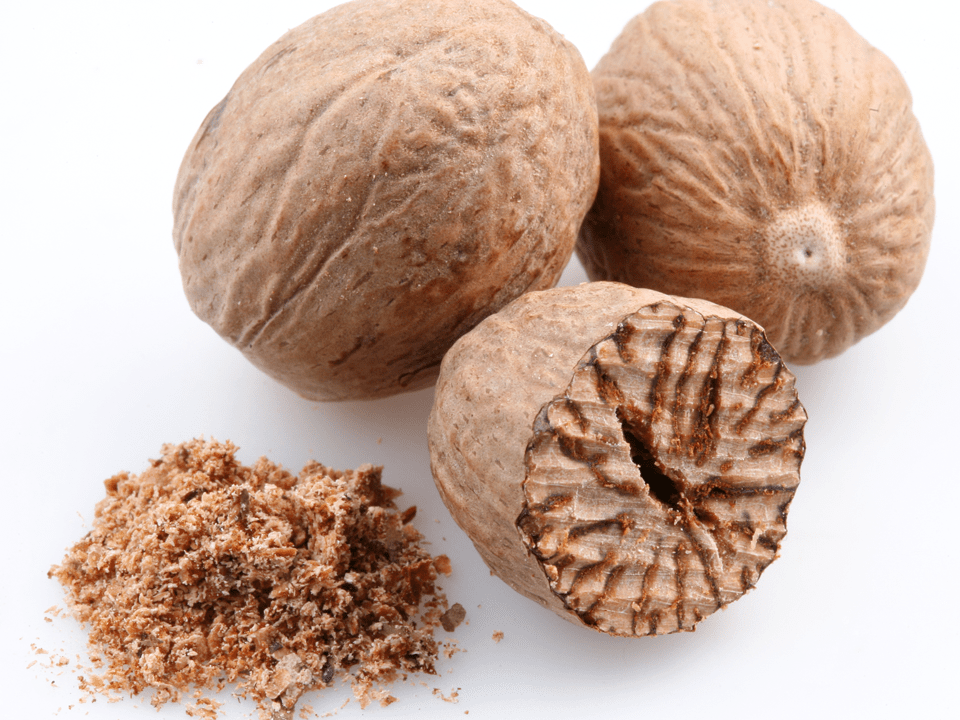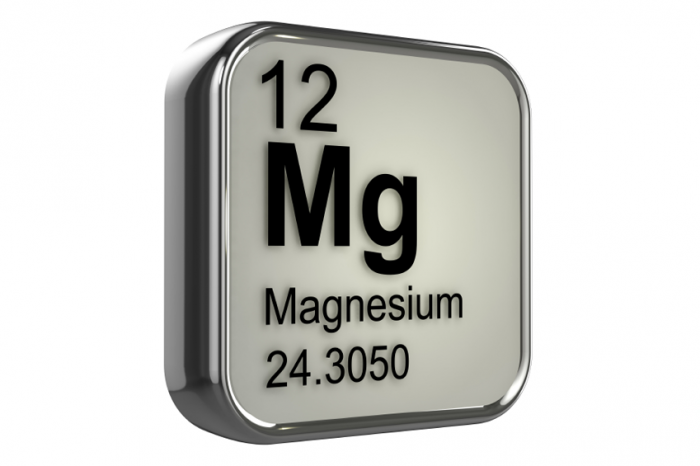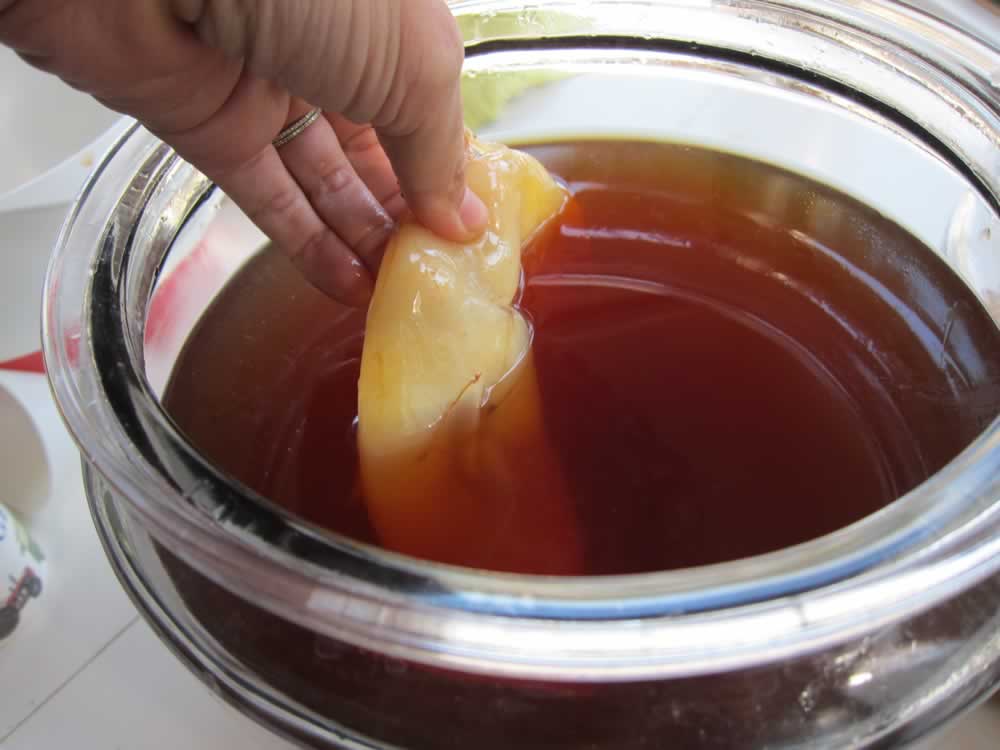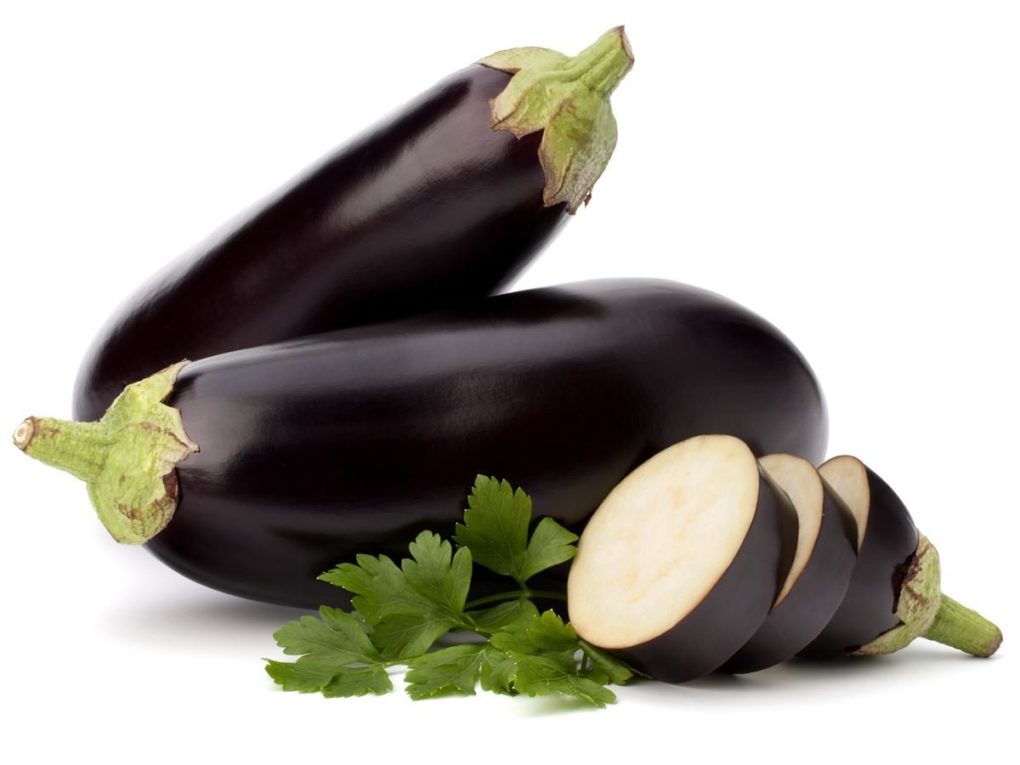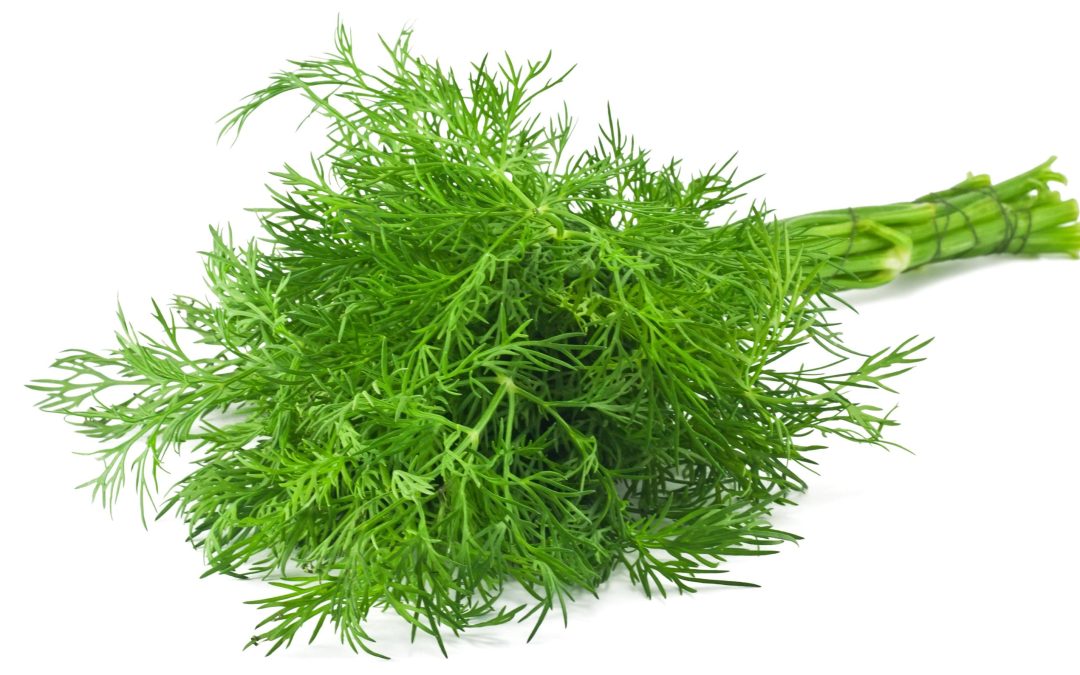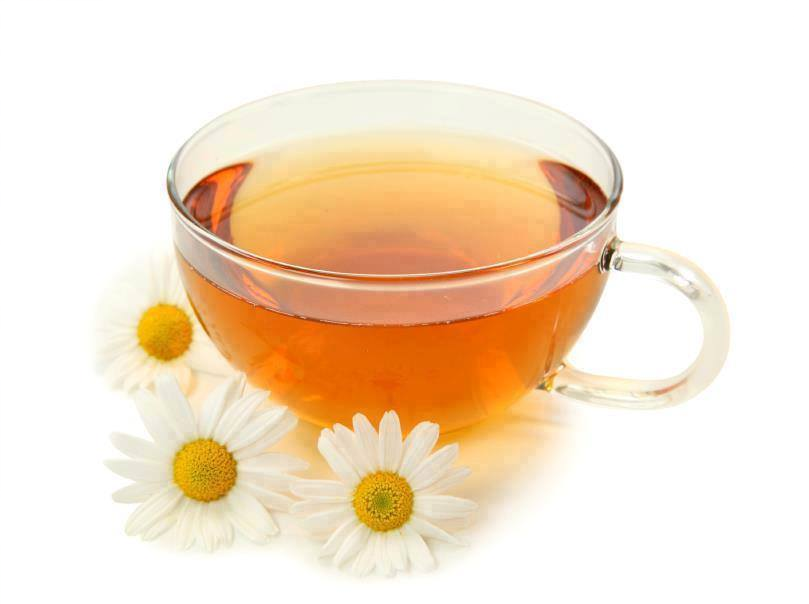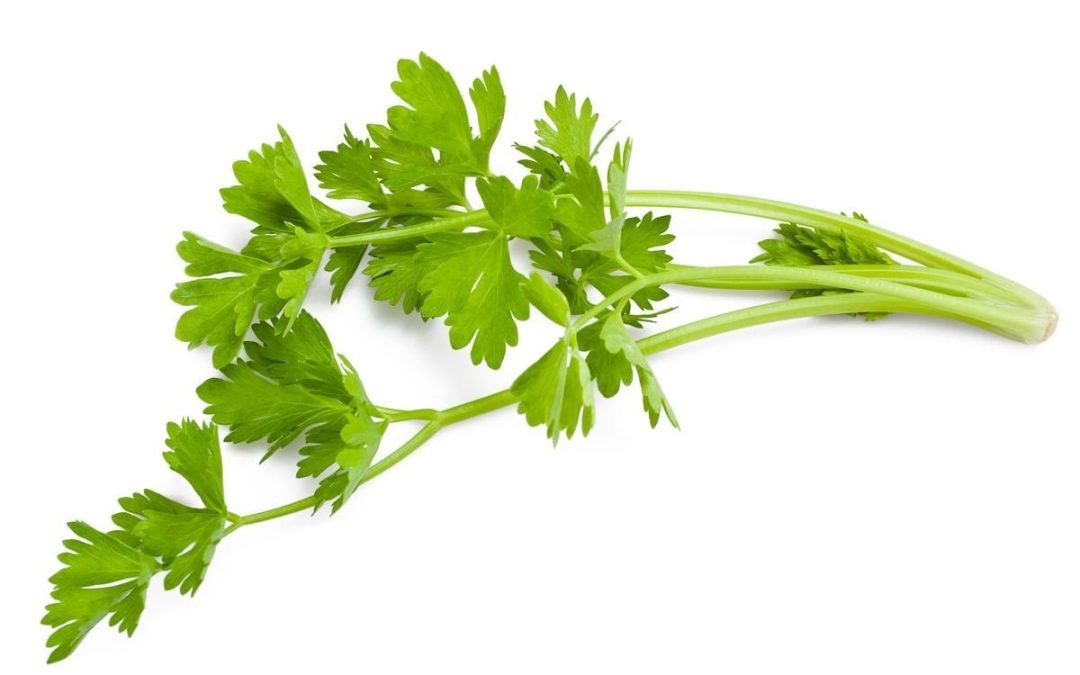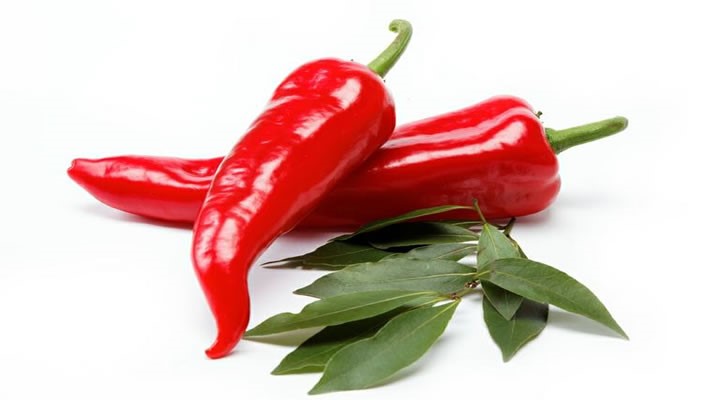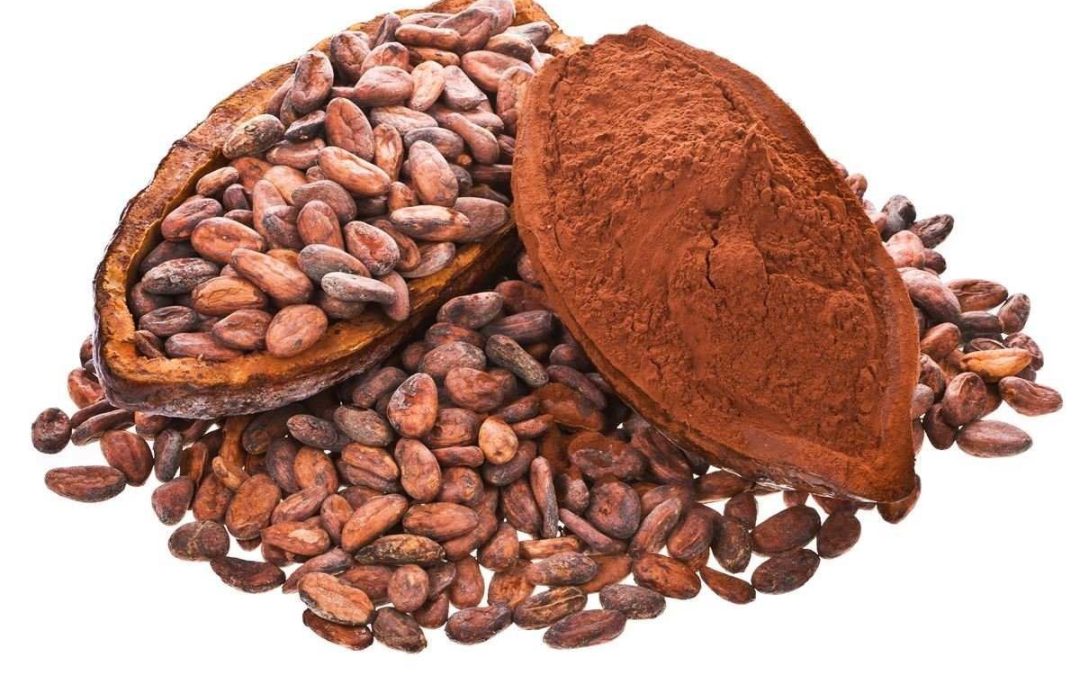Herbal Teas and Decoctions
Preparing Medicinal Teas
Instructions
Tea is one of the most ancient forms of medicine and can be very comforting and pleasurable to drink. It is cheaper than capsules or tinctures (alcohol extracts) and the body is able to assimilate it easily.
Many medicinal herbs have a strong flavour, so consider adding these herbs, to mask the bitter flavours: cinnamon, cardamom and licorice or star anise. After brewing, an herbal tea and if you are making large quantities of it – the tea should be stored in the refrigerator. Left at room temperature for several hours, it will go “flat,” get tiny bubbles in it and begin to sour. Stored in the refrigerator, an herbal tea will be good for three to four days.
One can prepare a triple batch of tea and store it in the refrigerator. An interesting way to add additional benefit and flavour to teas – use mint leaves – pour clean spring water into an ice tray and place a mint sprig in each block – it is a healthy addition to any tea.
Infusions
An herbal infusion is made from lightweight plant material— namely leaves, flowers and fruits or as in the case of most of our teas – organic dried herbs. The infusion can be prepared in a French press, stainless steel pot, ceramic or glass teapot, or a stainless steel infuser. You may use a mason jars for your infusions but be careful that the boiled water does not crack the jar. Always place the jar it in the sink when you pour your water in case it breaks. An infusion is prepared by bringing the desired amount of water to a boil, pouring it over the herb, and letting it sit covered, for twenty minutes. After straining the herb, the tea can be drunk immediately, or cooled to room temperature and refrigerated.
Decoctions
A decoction is basically a simmered tea and is the preferred form of preparation for bark, hard non-aromatic seeds. Decoctions are typically made in a stainless steel or stovetop-safe glass pot. The herb is placed in water and brought to a boil, then simmered with a lid on for 20 minutes to a half hour. Take off the heat, strain and enjoy. It is possible to simmer your decocted herbs again for a few more rounds; as long as they are still yielding a strong tasting tea, they are still good. Remember to store in the refrigerator to reduce microbial growth, if the plant matter is left in the container. This can be reheated in a pot if you want it warm – or drunk straight from the refrigerator as an “iced” tea.
DBM Protocol – Adjunct Treatment – Healing Tisanes / Teas
Proportions For Herbal Infusions
Folk method:
Here is a general guideline in calculating herbal proportions:
1 teaspoon of dried, cut and sifted herb, or herbal blend or 2 tablespoons of fresh herb per 250ml of water.
Weight method:
5.5 grams of dried herb, or herbal combination, for every 1 cup of water.
(Note this is a more exact measure since it is using weight).
Dosage
The dosage is typically one cup of tea one to three times a day.
Note:
Many herbs, including beverage teas, can have adverse reactions when combined with pharmaceuticals; so please ensure that you have disclosed all their medications to your DBM Physician / Practitioner and that you have begun a reduction program with them.
For more information on Teas visit Food for Life page – Supportive Teas




